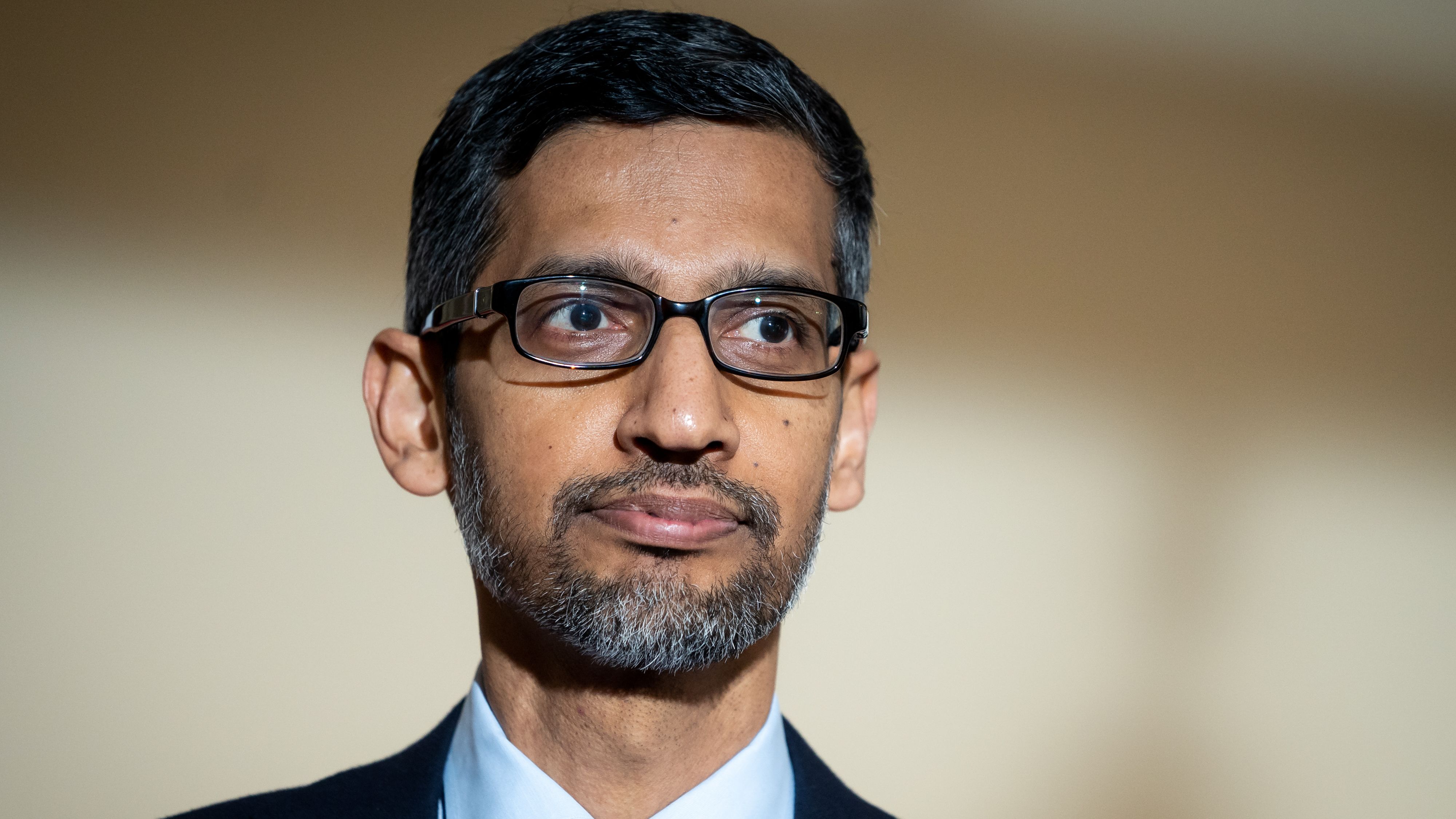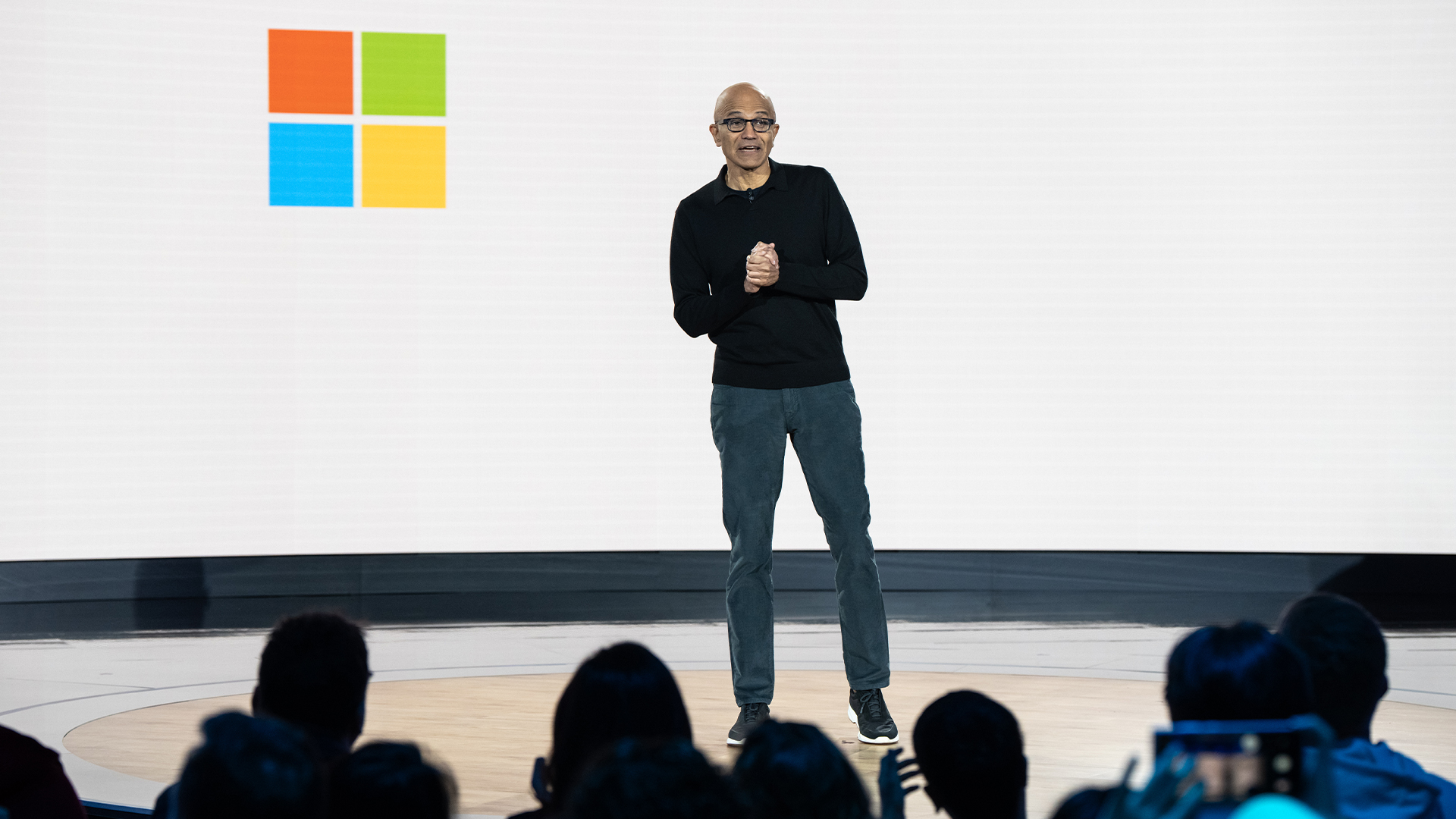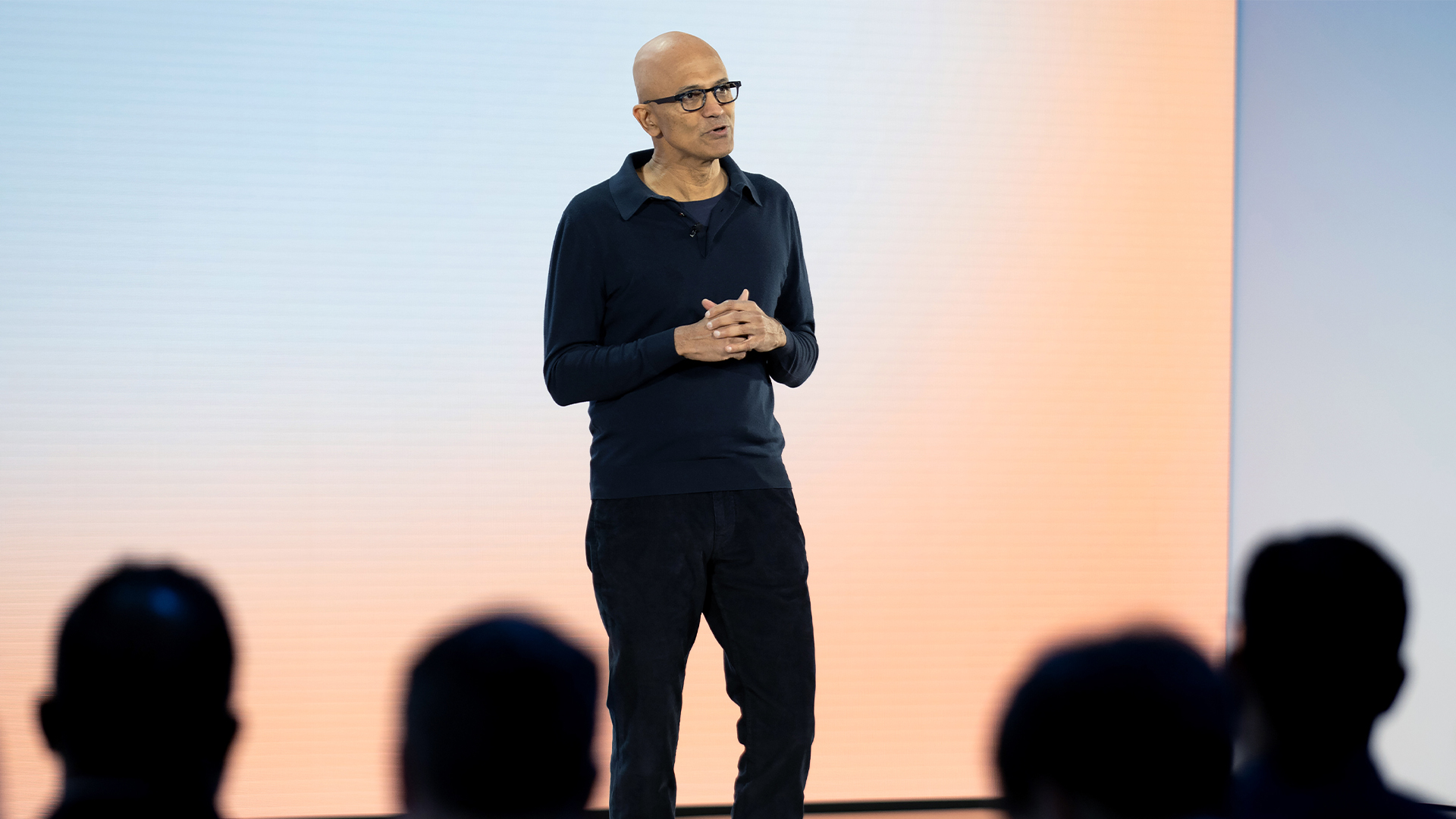Google will need to find a new cloud security champion as Wiz backs out of $23 billion acquisition
Security firm cites antitrust and investor concerns as it backs out of Google deal, but experts note there are other cloud security specialists the search giant could turn to


Cloud security specialists Wiz has walked away from a deal worth $23 billion, as it opts to remain independent and pursue an IPO instead.
In an internal memo seen by CNBC, Assaf Rappaport, CEO at Wiz, said "saying no to such humbling offers is tough," adding that the firm would be focussing on going public and meeting its $1 billion annual recurring revenue target.
An individual familiar with the deal told CNBC that Wiz's decision to back out of the deal was driven by antitrust and investor concerns.
If completed, the deal would have been Google's largest-ever acquisition and promised to "jump start" Google's ambitions in the cloud security sector over the next decade, amid stiff competition from Microsoft and Amazon.
Speaking to ITPro, Neil MacDonald, VP and Distinguished Analyst at Gartner, suggested the significant offer from Google reflected the search giant's intent on capturing a growing demand for cloud security services.
"We believe Google had a broad vision for the Wiz technology. A modern digital business has a huge surface area for attacks – mobile workers using managed and unmanaged devices, exposed APIs, applications that have moved to public cloud, edge computing locations, and SaaS applications. Data is spread across all of these. AI and specifically GenAI adds a composite exposure of data, application, and usage risks."
MacDonald continued, explaining how Wiz's core graph analytics solution offers significant value to businesses looking to get a handle on the increasingly sprawling list of assets that makes up their IT estate.
Sign up today and you will receive a free copy of our Future Focus 2025 report - the leading guidance on AI, cybersecurity and other IT challenges as per 700+ senior executives
"The core Wiz technology of graph analytics powers an underlying continuous risk engine that helps CIOs and CISOs identify, prioritize and remediate where they are exposed across their digital estate. This is a hugely complex problem and a significant market opportunity for security vendors to tackle – including Google, Microsoft, Palo Alto Networks, CrowdStrike and Wiz."
Google could look elsewhere to bolster cloud portfolio
Cloud security is expected to be a growing sector in light of a growing number of cyber attacks targeting businesses cloud infrastructure. Research from CrowdStrike concluded that the cloud space is becoming "a major battleground for cyber attacks".
As a result, analysts told ITPro it made sense that Google was looking to expand its cloud security portfolio. It has already made some strides in this sphere in recent years, acquiring Israeli cloud security startup Siemplify in 2022 for $500 million.
MacDonald outlined potential steps the search giant could take in light of Wiz's decision to walk away, highlighting a number of other security vendors that could fast-track Google's cloud security ambitions.
RELATED WHITEPAPER

"There are other vendors that would accelerate Google's multicloud capabilities in the cloud security market. For example, Orca and Sysdig along with vendors in adjacent markets such as Check Point Software, Rapid7, and Tenable," he suggested.
Google can also look inwards, according to MacDonald, and look to bolster its cloud security capabilities in-house, as it has done with its Security Command Center Enterprise service, which it enhanced earlier this year.
"Another option for Google is the strategy it was originally pursuing to develop this in-house. Google already has developed some multicloud security capabilities and released them earlier this year under the name of Security Command Center Enterprise.

Solomon Klappholz is a former staff writer for ITPro and ChannelPro. He has experience writing about the technologies that facilitate industrial manufacturing, which led to him developing a particular interest in cybersecurity, IT regulation, industrial infrastructure applications, and machine learning.
-
 Can enterprises transform through startup theory?
Can enterprises transform through startup theory?In-depth For big corporations, the flexibility, adaptability, and speed of a startup or scale-up is often the total opposite of what’s possible within their own operations
-
 AI is creating more software flaws – and they're getting worse
AI is creating more software flaws – and they're getting worseNews A CodeRabbit study compared pull requests with AI and without, finding AI is fast but highly error prone
-
 Microsoft CEO Satya Nadella says UK ties are 'stronger than ever' as tech giant pledges $30bn investment
Microsoft CEO Satya Nadella says UK ties are 'stronger than ever' as tech giant pledges $30bn investmentNews Microsoft CEO Satya Nadella says it's commitment to the UK is "stronger than ever" after the tech giant pledged $30bn to expand AI infrastructure and build a new supercomputer.
-
 Alphabet to spend $10bn more this year on cloud kit — taking total to $85bn
Alphabet to spend $10bn more this year on cloud kit — taking total to $85bnNews Google tops up AI and cloud infrastructure spending amid AI boom and positive results
-
 Google CEO Sundar Pichai is unfazed by AI job cuts — workers might not share the same optimism
Google CEO Sundar Pichai is unfazed by AI job cuts — workers might not share the same optimismAnalysis Google CEO Sundar Pichai is upbeat about the impact of AI on the workforce, but workers might not share the same optimism amid repeated waves of job cuts.
-
 Microsoft workers face a fresh round of layoffs – here’s who could be impacted
Microsoft workers face a fresh round of layoffs – here’s who could be impactedNews Microsoft will cut 6% of its workforce, equivalent to around 6,000 workers, as part of its latest cost-cutting drive.
-
 Google tells some remote workers to return to the office or risk losing jobs
Google tells some remote workers to return to the office or risk losing jobsNews Google has warned remote workers will need to return to the office or else lose their jobs, according to reports.
-
 Google breakup plans would ‘hurt America’s consumers, economy, and technological leadership’, senior exec claims
Google breakup plans would ‘hurt America’s consumers, economy, and technological leadership’, senior exec claimsNews Google has struck back against US regulators, claiming that plans to dismantle the company would "hurt the economy".
-
 Google faces 'first of its kind' class action for search ads overcharging in UK
Google faces 'first of its kind' class action for search ads overcharging in UKNews Google faces a "first of its kind" £5 billion lawsuit in the UK over accusations it has a monopoly in digital advertising that allows it to overcharge customers.
-
 Google just released a new AI agent for data scientists on Colab, and it’s free to use
Google just released a new AI agent for data scientists on Colab, and it’s free to useNews Google Labs has made Data Science Agent available to all Colab users in a bid to help developers speed up application design.